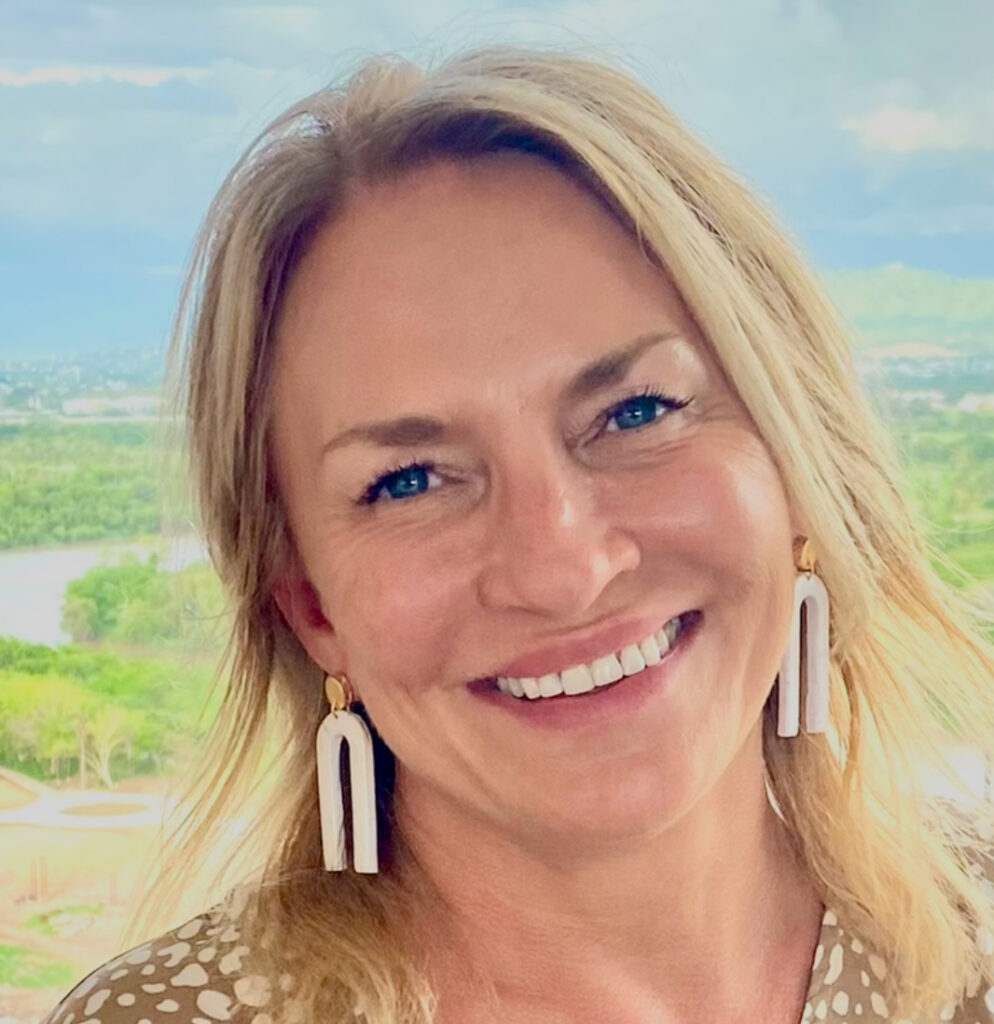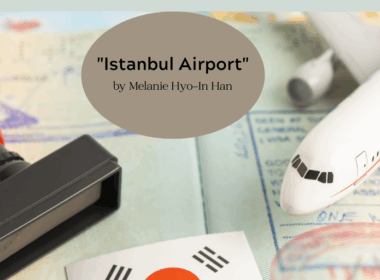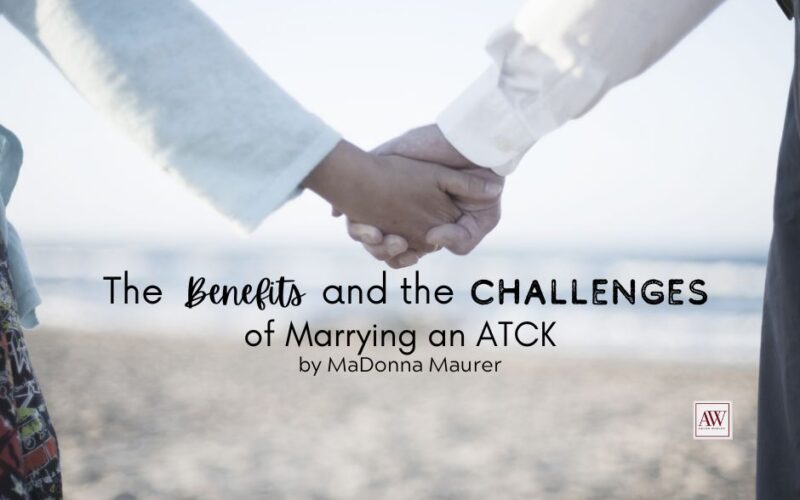Born and raised on a continent dominated by rich browns and deep blacks, I was often considered an outsider. Even though I adapted well to my African peers and became fluent in Koloqua, our host country’s version of English, one noticeable difference set me apart.
I was white.

Sometimes, the kids in the neighborhood taunted me for having a much longer nose than them. Even our housekeeper, John, often commented on my skin color. I can still recall the day he told me that not only did I look white, but my whiteness had a distinct odor.
John was our first “houseboy”—the term used in Liberia (our host country) for a housekeeper. Regardless of a family’s financial situation, most depended on someone outside their household to fulfill their domestic needs. For expats like us, having help was a convenience and a necessity. Some families preferred to hire “housegirls,” but most chose young men for their physical strength and versatility.
At six years old, John towered over me. He was likely in his 20s, his frame dominating and powerful. His shirts, often sweat-drenched, accentuated his broad shoulders and bulging muscles. But despite his imposing appearance, a calmness about him made me feel safe and protected in his presence. He was always laughing and pulling pranks, which made it hard not to see him as a playmate rather than our hired help.
One Saturday during my first year of primary school, Daddy said it was time to “butcher the old bird,” a spirited little creature our neighbors had given us weeks before. He called on John to help with the kill. I tugged at Daddy’s sleeve and begged him to allow me to watch the execution. He sighed and ran a hand over his bald spot. After much pleading, he finally gave in.
I stood under the shelter of the backyard shed alongside my sister, Rosy, a Liberian girl my parents were raising, and waited for the show to begin. In the heat, Daddy and John raced after the wild rooster, their feet kicking up dust clouds in the yard. The bird squawked and darted toward the back of the shed. Daddy, with his quick reflexes, cut off its path. Meanwhile, John stood at the other end, ready to pounce. The rooster flapped its wings frantically to break free, but John reached down and snatched it by the neck. Under the shade of the shed, John tightened his grip on the squawking bird while Daddy tied a rope to the rooster’s feet. He drew the other end through a crack in the rafters and hung the poor creature upside down by its feet. Its screeching turned into a continuous alarm clock that wouldn’t stop ringing.
Rosy reached over with one hand to block my view. “Don’t look,” she said, but her warning only heightened my curiosity. I pushed her away and steadied my stance, feeling gritty grains of sand shift between my toes. I quickly turned my attention back to the rooster just in time to see Daddy raise a sharp blade. After a swift execution, John released his grip on the bird, and Its head fell limp onto the ground—a terrifying moment as its last cackle echoed in my ears.
Daddy went indoors to wash up, leaving John and my sister, Rosy, responsible for cleanup. John started a fire, and Rosy placed a pot of water on the heated coals. When bubbles surfaced, John dipped the limp chicken into the scalding water, repeating the process until its feathers loosened. I covered my nose with my palm to block out the musty blood and iron odor while John and Rosy plucked the plumes from the rooster’s flesh.
“What are you doing?” John said.
“The chicken stinks.”
John lifted his chin. “The chicken stinks?” His lips parted wide across his face. “But it smells just like you.”
“What?”
“Don’t you know white people smell like raw chicken?”
Rosy turned to face me. “Georgie, don’t pay any attention to John. He’s just teasing.”
“I’m not kidding. White people smell like raw chicken.”
“Do I really smell like chicken?”
“It’s not you,” Rosy said, “It’s your hair. It smells funny when it’s wet.”
“Funny, like how?”
John wiped his brow with the back of his arm. “Like raw chicken. White people’s hair smells just like raw chicken.”
For the rest of the day, I couldn’t shake the thought. The insult gnawed at me. My pale skin already made me stand out amongst my friends, and now I had to accept the possibility that I smelled differently, too. That night, I tried to catch a whiff of my hair while it was still wet from my bath. I sniffed and sniffed, but all I could smell was the familiar scent of soap.
Many years have passed since that day, and John wasn’t the last person to tell me my hair smelled like raw chicken.
Being raised in a different culture from my parents, I became aware of how we can be viewed differently. As a third-culture child, these distinctions played a fundamental role in shaping my identity. I embraced and absorbed them, using my cultural awareness and empathy to connect with others across divides.

Despite the occasional teasing for smelling like raw chicken, our shared sense of humor and curiosity helped us bond despite the difference in the color of our skin. Amidst the chaos and confusion of trying to find my place in this vast world, the memories of living among different cultures provide a sense of clarity and grounding, a reminder of who I am and why I feel so deeply about embracing diversity. And for that, I will forever be grateful.

Georgie Davis was born and raised a “third culture kid” in Monrovia, Liberia, by American missionary parents. She attended boarding school in Ivory Coast for two years. At seventeen, she relocated to her father’s home state of South Carolina, where she met and married her husband, Artie. Driven by their commitment to diversity and unity, Georgie and Artie spearheaded the birth of a multi-ethnic church in a racially challenged community, watching it blossom from 40 members to over 1,000 congregants during their 25-year tenure. Georgie holds a Bachelor of Arts degree in Graphic Design. She was president of their family-owned building maintenance company from 2010 to 2020. Between 2011 and 2015, she also served as U.S. representative for Think Liberia, a Liberian-based non-profit focused on rehabilitating female child soldiers and providing a “Safe Home” for victims of sexually-based violence. Georgie and her family continue to support Christian ministry and mission projects in Liberia. In an upcoming memoir, she explores the themes of finding identity and embracing loss set against the backdrop of Liberian culture in the 1970s. Georgie resides in the Smoky Mountains of North Carolina with her husband of forty years.
You can also find Georgie here: https://www.georgiedavis.com/
https://www.instagram.com/georgiedaviswrites/
https://www.facebook.com/georgie.h.davis












